Editor's Note: This post was originally posted in April 2016 and has been completely revamped and updated for accuracy and comprehensiveness in January 2022.
As a dietitian based in Surrey, our guest author Claire W has over ten years of experience with adults and children. She runs various clinics at the BMI Runnymede Hospital in Chertsey, The BMI Syon Clinic in Middlesex and The Priory Hospital in North London. Claire regularly sees patients with allergies, coeliac disease, weight management issues, irritable bowel syndrome (IBS) and eating disorders.
If you're looking for easy ways to lose weight, you should know that losing weight is hard. Keeping the pounds off is usually even more of a challenge. As a dietitian for almost ten years, I’ve put together 15 ideas to help. They may not necessarily be the ones you want to hear, but I promise they’ll help!
Best ways to lose weight
1. Eat slowly & retune to your body’s rhythm
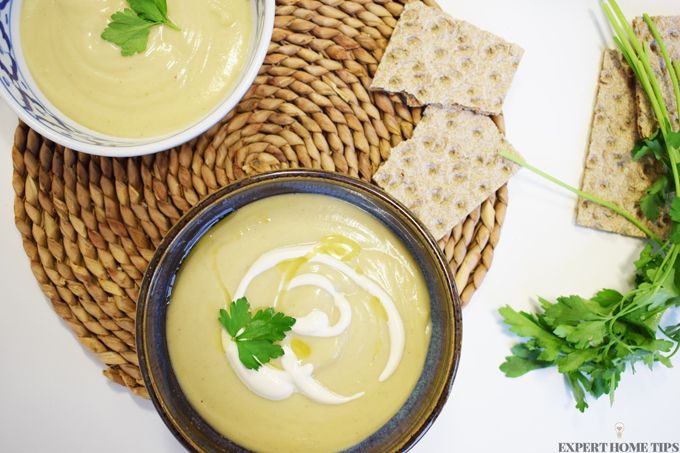
While this may not work for everyone, eating slowly can be a straightforward but powerful tool to help them consume less and aid weight loss. Eating slowly might sound easy, but it can be a challenge given how we lead busy lives and often eat on the go. However, if you can, eating slowly will buy you more time and allow the stretch receptors in your stomach wall to activate and send all the intricate and complex messages to your brain. This, in turn, triggers a hormonal response to let you feel satisfied and full.
This process takes around 20 minutes, so if you’ve already wolfed down your meal in that time, how can your body tell you “stop” halfway through and give you the option of leaving some? It can’t. Eating slowly can help you re-train yourself (against what your body might dictate naturally) to feel full on portions you decide.
Try it. Add on 10 minutes to each mealtime and on the first sign of feeling full, stop eating. Notice how much you’ve got left on your plate and then next time you sit down to eat, only serve up the portion you ate previously.
2. Look at your portions
How much is enough? Well, as far as I can tell, most people have lost their way when it comes to portion sizes. It doesn’t help that we're drawn to buy supermarket ready-meals, which set the portion size bar way too high. Are you making any other supermarket shopping mistakes? Check the list!
Carbohydrates are not the culprits here. Did you know that, gram for gram, carbs contain the same calories as protein? It's all about portion control.
To make it simple, utilise the ‘fist rule’. Aim to have one fist of any carbohydrates on your plate, two fists worth of vegetables/salad and 1.5 fists of any protein (quinoa does not count as protein!). Try to keep your meats lean; for example, eat fish and chicken with no skin.
3. Carbs aren’t the bad guys
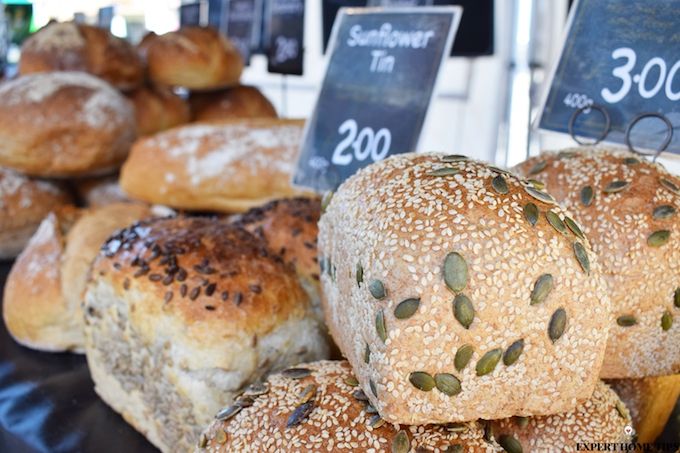
Many people I see trying to lose weight have entirely cut out bread and pasta and kept rice and potatoes to a minimum. Some have completely cut out carbs altogether. Why? If they eat them, they argue they can’t lose any weight. Interestingly, gram for gram carbohydrates and protein provide the same four calories. Our bodies won’t recognise the difference in calories being supplied by a potato as a slice of ham.
So why do carbohydrates get such a bad name? I think the answer is that gram for gram, it’s much easier to overeat carbohydrates than it is protein. Also, by its chemical structure, protein is more likely to make us feel fuller quicker. It’s also harder to chew, so more likely to take that bit longer to eat.
Let's break this down:
Two chicken breasts (no skin) are 448kcal. The same calorie provision could be found in 250g cooked pasta (125g dry). While that is a large serving of pasta for most people, it wouldn’t be out of the question. It would be more usual and acceptable to have a pasta dish for the evening dinner, rather than two chicken fillets. I also think, for the most, eating two chicken fillets would be more of a struggle to finish.
Try it at home and see for yourself. I hope you’ll find that it’s not the carbohydrates that are the problem. Instead, it’s how much we put on our plate. In theory, if we cut protein from our diet, we should still lose the same amount of calories as we would do when we cut out carbohydrates. But we don’t eat equal amounts of each, and carbs don’t fill us up as much. So the conclusion must be, carbs are the culprits - instead, try reducing your carb intake first, and see what happens before excluding them altogether.
To explore foods for weight loss, take a look at our other article. If you still want to cut out carbs, check out these carbohydrate alternatives.
4. Have a starter
Having a starter may mean that you eat slower and feel fuller overall. See tip 1. But there’s a caveat. It needs to be a light, small starter, ideally protein-based. Try a clear chicken soup, a salad, or perhaps some prawns and avocado. Don't reach for those bread rolls and breadsticks!
While you're here, why not check out these uses for gone-off avocados and stale bread recipes.
5. Slowly, slowly catchy monkey
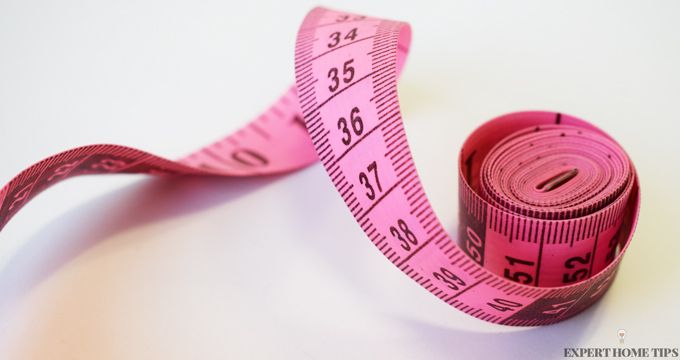
If you're looking for the best way to lose weight fast, you might want to rethink that. From my experience, one of the biggest mistakes people make is trying to lose as much weight as possible in the smallest amount of time, although it’s a very natural response. There’s a reason that dietitians ask you to aim for 1-2lb (0.5-1kg) of weight loss a week. It’s much more likely to stay off this way, and you’re less likely to be left with loose skin as compared to losing a lot of weight fast.
I understand that it’s frustrating, and you want the weight off quickly. But, unfortunately, it doesn’t work like that. How long has it taken to get to your current weight? Months? Years? Losing it has to take the same time if you stand the best chance of keeping it off.
To lose 1-2lb a week, you need to have a deficit of 500kcal a day. This adds up to a plain bagel and 3oz plain cream cheese or six eggs or five bananas or four slices of toast with jam and margarine.
Wondering how to cook eggs? Here's everything you need to know! We've also got some brilliant ways to use overripe bananas.
6. Diet alone isn’t enough - you need to exercise
Can you lose weight without exercise? Well, to get your 500kcal deficit a day, it’s a pretty tall order doing it through dieting alone. It would help if you found time to exercise. You cannot do one without the other and enjoy lasting effects. Don't worry! We've found some easy exercises - perfect for the person that can't be bothered.
Try to avoid going to the gym without a clear plan of what you’re going to do. Doing 30 minutes of hard work is so much better than spending an hour at the gym doing a bit of everything.
I always think exercise apps on your phone help focus your workout, and it’s gratifying to complete each section. I use the Nike Training App as well as the Nike Running App. Research is currently being undertaken to look at the best times to eat in relation to exercise. So far, the University of Surrey has shown that women benefit from eating before exercise, but men seem to do better if they eat after a workout. Be careful with protein shakes – I’d be surprised if you need them.
7. Plan your meals and snacks for healthy eating
Avoid long periods where you don’t eat. As odd as it sounds, as soon as you feel hungry, you’re in a more vulnerable position - especially if healthy foods aren't available to you. Aim to have three meals a day and two snacks if possible. Snacks should be light – fruit, a small handful of nuts or some yoghurt.
8. Fluids, fluids, fluids
It’s easy to lose track of how much or how little fluids we take on board during the day. Sometimes we may feel hungry when we are thirsty. The journal Hunger and Thirst goes into a lot more detail on this.
Dietitians use different calculations to work out the fluid requirements of patients. We usually say 35ml/kg/day is someone’s estimated fluid intake for adults. So, for example, if you were 50kg, you would need 1750ml fluid in 24 hours.
9. How long does your oil last?
1L of oil. How long does that last in your home? Three months? 1 month? In 1L of oil, there are about 8500 calories. That equals nearly 33 Mars bars, or 180 jaffa cakes or 120 slices of bread. That works out to be about 33 Mars bars in a month, or 15 jaffa cakes a week. Now you could eat these, but you would have to be exercising to compensate, and the rest of your diet would need to be spot on.
Ideally, 1L of oil should last you about 7 to 9 months. Always measure it out, don’t just pour. And aim for about one teaspoon for cooking. Rapeseed oil is a perfect one to cook with. If you make salad dressing or drizzle over fish to cook, use olive oil.
If you've got oil leftover that you don't want to use anymore, check out these uses for olive oil.
10. Dance with treats or forbidden foods, don’t wrestle with them
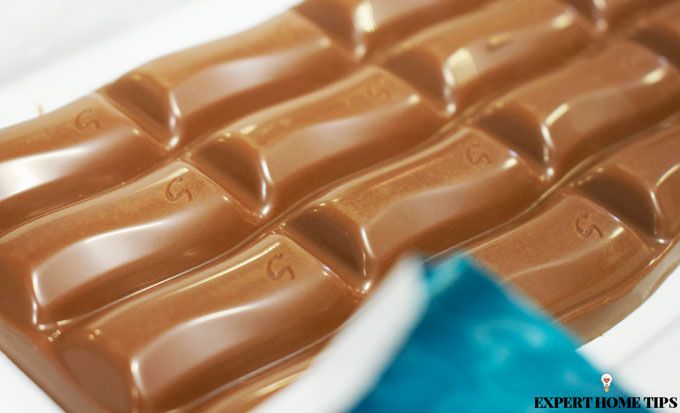
I often hear people saying, “I’m going to be good today and not eat anything bad”. Unfortunately, as soon as you set that goal, all you do is place those treats on a pedestal and set yourself up to fail. Usually, once you’ve ‘given in’, the knee-jerk response is “oh well, I’ve ruined today, I’ll just eat what I want now and re-start again tomorrow”. It would be so much better if you just allowed those treats every so often, even every day. Just don't beat yourself up about it, and think more practically about the rest of the day or that week.
Can you walk instead of using the lift that day? Can you serve up slightly less to eat in the evening? Can you change one of your snacks? Maybe don’t get your Starbucks or Costa that day? But remember, telling yourself off after eating that treat doesn’t help anyone. So enjoy it, have it but remember there’ll need to be some compensation somewhere along the line.
11. Getting enough sleep goes more than skin deep
We’re not exactly sure why or how, but more and more studies link poor sleep to a raised BMI (body mass index) and obesity. Looking at physiological effects, sleep loss has been linked to an increase in the hormone ghrelin and a decrease in leptin. These are the hormones that help regulate our feelings of fullness and appetite. So you can understand why this would affect your weight without you even really knowing it.
Behaviourally, it may be because people getting less sleep expose themselves to more extended periods where food is available, so their calorie consumption in 24 hours is higher. It may also be as simple as, when you haven’t recharged your batteries enough, you’re too tired to exercise the next day. Whatever the exact reason – try to get 7 hours of sleep a night if you can. I know that it's easier said than done! You may want to look at The Sleep Foundation or even this article Sleep and Obesity for more information.
Here are some great tips to get a better night's sleep and our 2-minute method to falling asleep.
12. Absolute about alcohol
Alcohol has been in the press recently, highlighting the dangers of drinking too much. It's easy to become addicted without even really seeing it creeping up on you. The culture of ‘work hard play hard’ means it’s acceptable, nay, almost expected, that at the weekends there may be at least one night where you can’t remember much, or it’s not a problem to share a bottle of wine most evenings with your partner. The reality is the risk of developing a range of illnesses, including cancers (10% in men and 4% in women), increases with any amount you drink regularly. See the Alcohol Guidelines Review – Report from the Guidelines development group to the UK Chief Medical Officers for more information.
Perhaps we all need to start to look at our drinking habits. Serious health implications aside, alcohol contains a lot of calories. Reducing intakes should be an easy way for most people to cut back on their daily or weekly calorie provision. This is not to say you should go tee-total, but as the Department of Health suggests in its new guidelines this year, there should be several days a week where there is no alcohol consumed. They have also said that 14 units should be the maximum intake each week (spread over three or more days) for men and women. This is still a considerable amount, and if you’re looking for the best way to lose weight, you can save an awful lot of calories.
So let us recap on a few things.
Alcohol By Volume (ABV). This is the percentage of the drink made up of alcohol. Does it make any difference to calories? Yes, slightly. For example, a 12% red wine bottle will be 60 calories less than a bottle of 13.5% red wine. So if you want three cheddar cheese biscuits instead, opt for a lower concentration bottle.
Volume control:
125ml = 1 small glass of wine = 1.6 units
175ml = the usual glass served in a pub be warned = 2.3 units
25ml = 1 serving of 40% spirit = 1 unit
So what does the recommended limit of 14 units a week look like?
6 x 175ml glasses of a 13% wine = 954 calories (1.5 bottle of wine)
Or 14 x 25ml shots of spirits at 40% = 854 calories (7 doubles)
Or 6 x pints of beer at 4% = ~1100 calories
Or 5 pints of cider at 4.5% = ~1100 calories
What does that work out to be in calories? Well, your weekly limit of wine or spirits is the same as three burgers or a 95-minute run. Your weekly beer intake is the same as four burgers or a 110-minute run. It’s a lot on both fronts. Drink Aware website is straightforward to use to calculate your intakes.
So if you do drink regularly and you’re looking at improving your health or maybe looking for the quickest way to lose weight, see what compromises and changes you can make when it comes to cracking open the bubbly.
If you're giving up alcohol, here are some great uses for wine, clever uses for vodka, and alternative uses for beer.
13. Hidden sugar surprise!
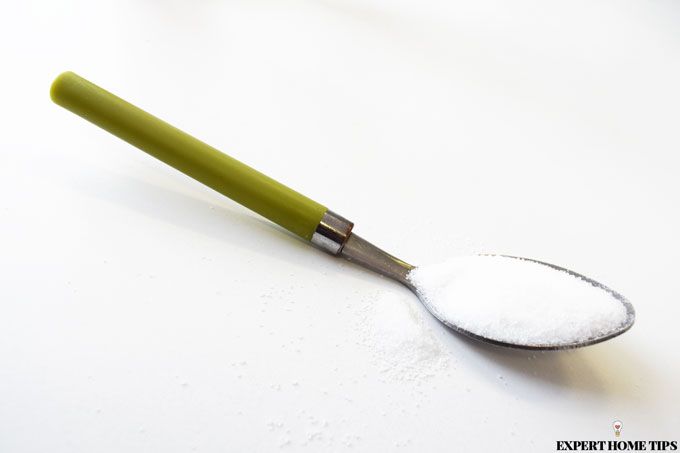
Sugar. There was a time I can remember where having dextrose tablets for a ‘bit of energy’ was the done thing. I think if anyone was to suggest that now, you’d think again. It's now more to do with hidden sugars. For example, many of us buy sauces instead of making them, or we'll use ready-meals to save time.
Unfortunately, our taste buds are such that we like salty things. We want sweet things, and we like fatty things. Bitter tastes are just not tolerated. Manufacturers know this and, as a result, add sugar, fat and salt to make sure we enjoy their product the most.
Sadly, the only way I can see, it doesn’t cut any corners: you have to make your own. But, even if you start with a tin of tomatoes, some jarred garlic, mixed herbs and some pepper to make a tomato sauce for your pasta, it’ll be so much better for you and won’t contain unacceptable amounts of hidden sugar that most ready-meals do. It’ll also mean you won’t be tearing your hair out, wondering why all your efforts aren’t paying off, and the weight is staying on.
Other tips:
- Don’t buy low-fat yoghurts – go for your full-fat variety (if you can find them anymore, that is!). When it comes to yoghurts, the plain, natural ones will have the lowest sugar content. These are usually around 6.5g sugar/100g instead of the more typical 14-16g sugar/100g.
- Use the ‘traffic light system’ labels on the front of packets – if the sugar section is red, avoid it.
- If you have to add flavour to your water – choose the sugar-free juices
- Of your 5-a-day, try to keep 2 of them as fruit and three as vegetables. Remember portion control when it comes to fruit, but of course, having fruit is still better than having chocolate biscuits as a snack, even if you’ve already had your ‘2 for the day’.
- Fruit smoothies – if you’re making them yourself, then you know exactly what’s gone into them and understand that this is how you’ve chosen to have some of your 5-a-day. Try not to buy a smoothie as a tasty drink to accompany your meal and then have your 5-a-day on top of it.
For more ways to reduce your sodium intake, check out our article.
14. Try to reduce the temptation around you
If your office was anything like ours (even when you’re a dietitian!), there’s always someone that brings in chocolates, cookies and cakes. Most days, there’s a substantial pile of all the things you’re trying to cut down on. Now, I’m a true believer in a treat a day. But if you’re busy, stressed, and lunch is 2 hours late, and there’s a cake, some chocolate and biscuits that have been staring at you all morning, it doesn’t take a genius to work out what’s going to happen.
We’ve all been there. Whereas if it wasn’t there, you may hold on that little longer for lunch, or even stop work and eat the lunch you prepared! In this scenario, it often means you justify the ‘naughty’ food you’ve eaten by not having lunch at all. Then the cycle starts again, ready for the evening time.
Perhaps there could be an office policy, where one day a week treats are allowed in. Then, whatever is leftover, is taken home by the person that brought in that particular treat. Or maybe there’s an office policy that no more is purchased until the biscuits have run out. Choose what works for your team, particularly if someone is trying to lose weight. It’s an excellent way to support them.
15. Only weigh yourself once a week
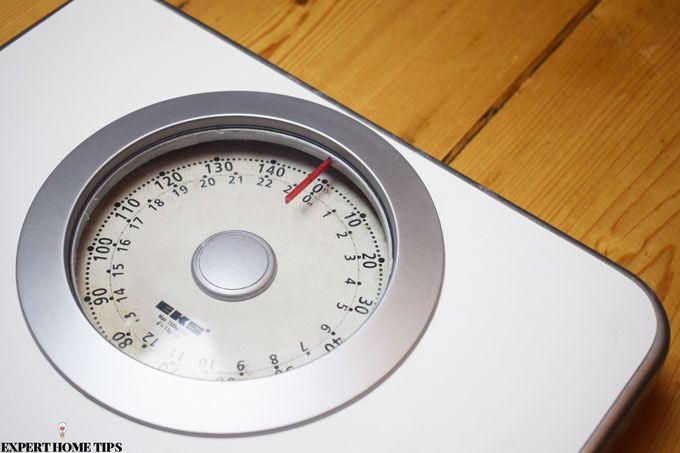
Do not weigh yourself daily. Or multiple times during the day or every other day! Body fluctuations mean that your weight changes more than you think, particularly in women. It can sometimes be a red herring, and weight gain when you've been trying hard is very frustrating and often demotivating. And it could be that your period is due or, dare I say it, you haven’t opened your bowels for a few days. So that's why weighing yourself weekly allows for a better, more reflective weight change than a daily weight will do.
TOP TOP: Always weigh yourself at the same time of day - preferably in the morning.
How's your weight loss journey going? Let us know in the comments below!
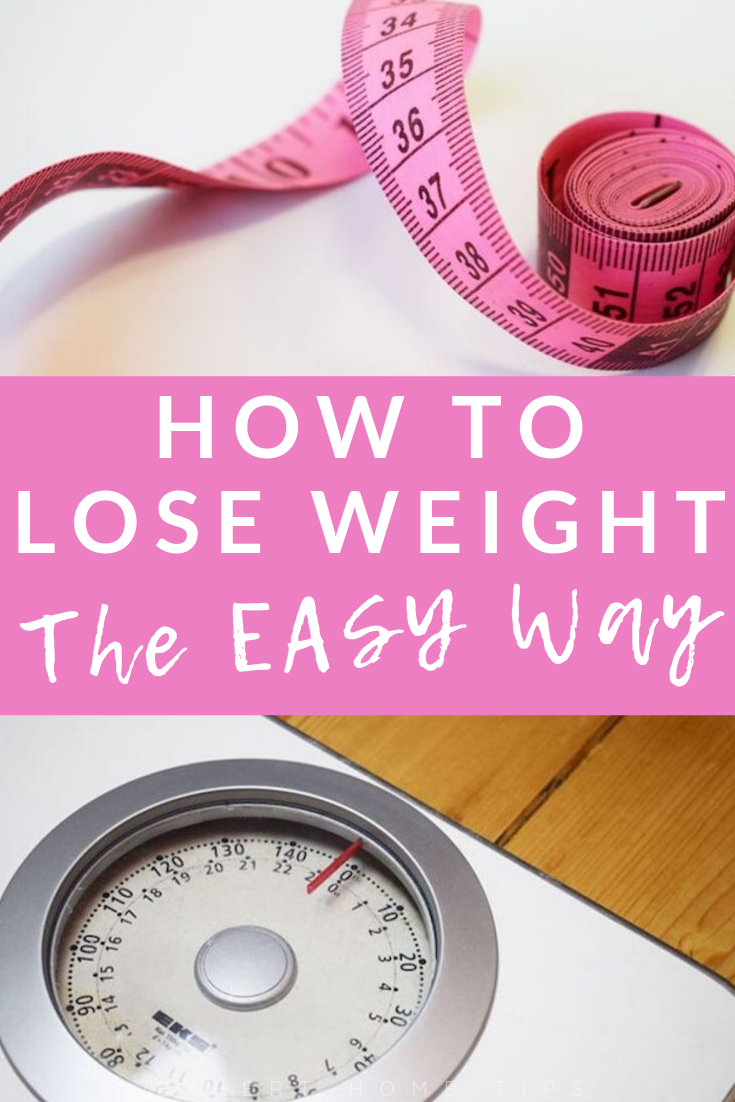
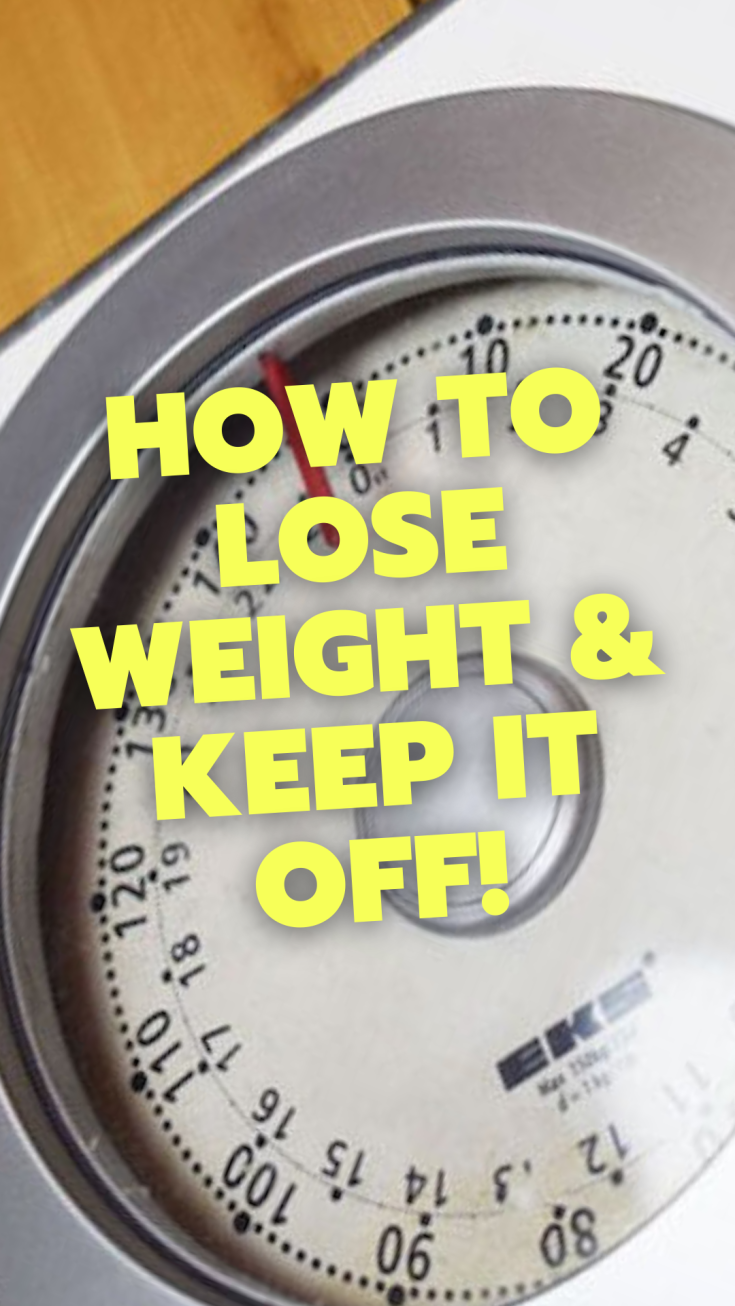
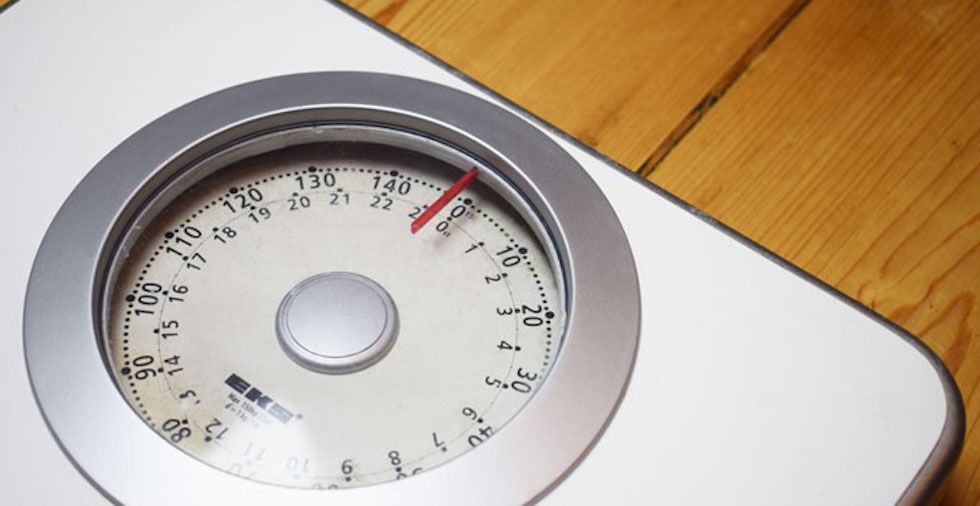
I needed to lose weight but don't have a lot of money
I work in a cafe that sale alot of burgers and chips
This was an excellent, balanced article that made sense.
Glad you enjoyed Claire's article!
Good selection of advice - but I don't understand point 3. "Carbs aren’t the bad guys" I don't know if I'm misunderstanding, but by saying "Our bodies won’t recognise the difference in terms of calories being provided by a potato as a slice of ham" you don't seem to be taking into consideration the nutrional value of carbs vs protein and how they're broken down the in body and used.
You're quite right, our bodies will use carbs and proteins in different ways in our cells. I was trying to exaggerate that gram for gram, be it a protein based food such as ham or carbohydrate based food, it provide 4 calories. So just trying to reassure people that it's not the food type itself that causes us to gain weight, it's how much we have of it.
I have decided to pay attention since I am a man who has reached 84 years of age without experiencing any difficulties so far. On the other hand it stands to reason I cannot go on like this without at least trying to be more careful. Thus although I usually take two or three full glasses of red wine with my evening meal every day I intend accepting your advice and I will designate at least two days a week without any alcohol .... starting tonight !! But I hope you realise that this decision is an extremely difficult one for me.
Good work Des :) Hope its going well!
Hi Des, best of luck with your new plan!
This is a great article, but was hoping you could explore and elaborate on the specifics of calories. You mentioned that exercise is key in weight loss, however I was wondering if inactivity really does hinder weight loss and potentially lead to weight gain by looking at bedridden people or those in comatose states. Hypothetically, if you are bedridden and completely inactive and immobile, will eating to your BMR help you in weight loss? Theoretically, if person A had a BMR of 1050 and was completely immobile will ensuring they eat at 1050 cals help their weight loss goal, and if not, how does eating to your BMR if you are completely inactive effect maintenance or weight gain?
The comment "eat smaller portions" is really good as if a large plate of food is in front of you, you will eat it. Try using a smaller plate, you will naturally use smaller portions. Also, if you have a sweet tooth (like me) and want a dessert, then have one - but not every day! Moderation is the key - life is too short.
I've started using a smaller plate Jenny, it's a good idea! (I also have a sweet tooth!)
i am trying to lose wieght but have a really sweet tooth. i found your tips excellent so i aim to eat more fruit/veggies daily/also as summer is coming soon i tend to eat more fruit and drink more water i am out rearranging my garden at the moment and find this a rewarding enjoyable chore/while eating/ healthlier this must be burning off the calories slowly and the rewards of looking at a beautiful garden so rewarding even my cats love it. your food tips are excellent and my wieght will come off slowly. many thanks tina
Glad you like Claire's tips Tina! Good luck with the weight loss. :)
I have severe osteoarthritis and have had many operations over the last few years, some of which have meant non weight bearing for up to six months. I am now classed as disabled and do not walk well. Exercise is very very difficult as joints swell and inflame regularly. How can I exercise safely?
There is a huge difference between complex carbohydrates and the refined ones most people seem to be addicted to. I do not eat any white refined foods if I can help it. I was fine unitl I was put on steroids for an inflamatory disorder that causes small tumours. I was also given them for renauds and psoriasis, this coupled with 10 years of being peri-menopausal and now at 59 just into full ,emopause, has affected my wheight. I have never had a sit down job, indeed the last job I had was as retail anager for a local charity here I would be on my feet lifting and shifting up to 10 hours per day. So I have always had plenty of excercise. I will never take steroids again as they do not make these things better but I am on my own plan of natural foods, lots of veg, walking every day and referbing my house and garden. The changes are slow but I feel I am improving with my home. Having had four family deaths, including my brother to brain cancer last christmas, I a just begingingto feel it's ok to do something for me.
Hi Rose. Thank you for sharing your story with us. I'm glad to hear you're seeing some changes now you've turned to a more natural way of eating. Food really is such a powerful tool - if only more people realised!
Interesting about the yogurt and the sugar conte . Maybe I'm eating more sugar than I thought. I have a yogurt most afternoons as I love them.
Hi Jo. Flavoured yoghurts can, sadly be packed with sugar, and all the wrong kinds! Why not try natural yoghurt instead? Throw in a few raisins, dates or squeeze of honey for natural sweetness :)
I haven’t bought yogurt for years as you can’t find “full fat” easily, so make my own every week from whole milk. I bought a yogurt starter and by usually using the last of my homemade yogurt as a starter get the next batch going. Every few months I use a commercial starter again
That sounds lovely!